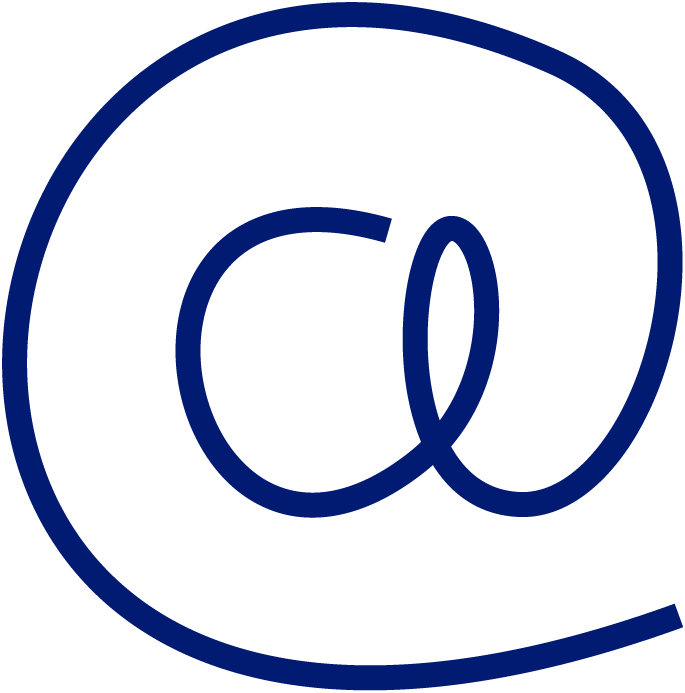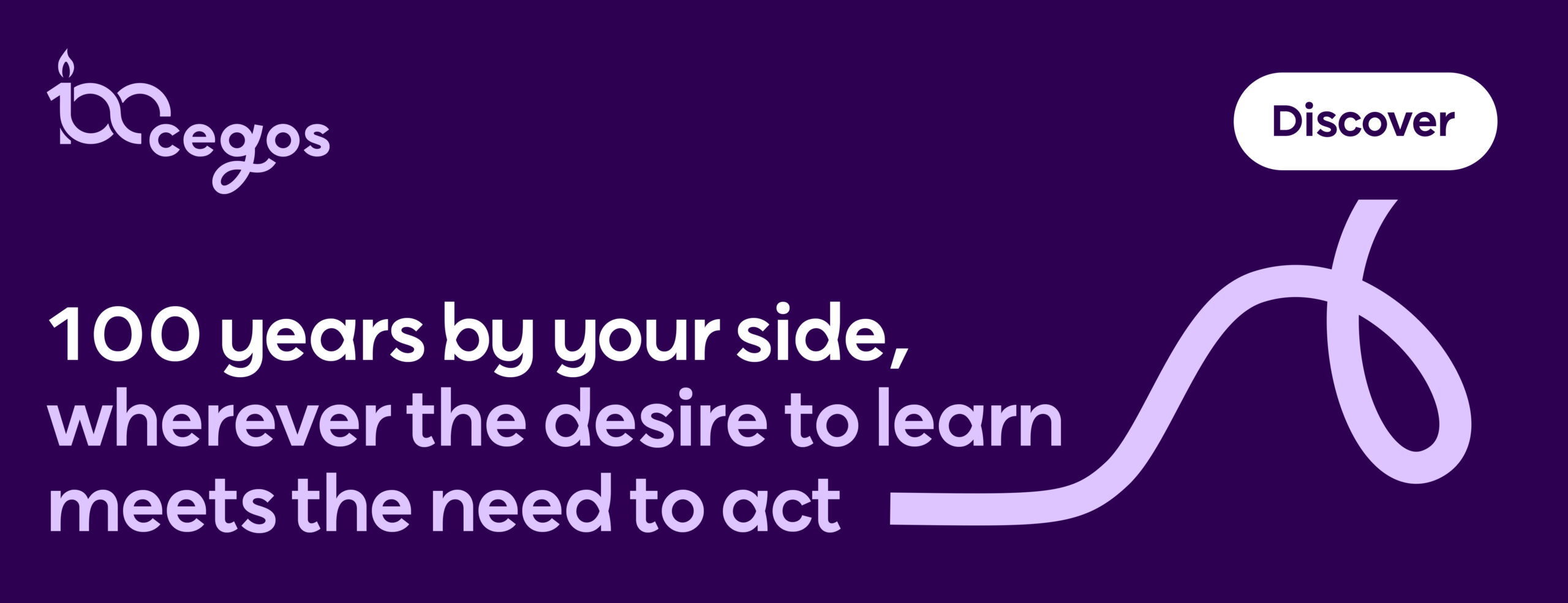

Since the arrival of ChatGPT in late 2022, the use of AI in professional settings has greatly increased. AI itself has been present in tools such as Google Translate for several years now. But, recently, the adoption of AI tools across industries has skyrocketed.
A 2024 survey by McKinsey & Company revealed that 65% of organisations were regularly utilising generative AI in at least one business function, nearly doubling from the previous year.
Similarly, a report from AIPRM indicated that 75% of surveyed workers were using AI in their workplace, with nearly half of them (46%) having adopted it within the last six months.
From enhancing productivity and efficiency to enabling quick and elegant design, AI is changing the way we work. Companies are now embracing this technology whole heartedly, not least because they cannot afford to miss out.
Workforce challenges
The one challenge that most companies face, however, concerns the digital maturity of their teams. Some people are very familiar with the technology and know how to apply it in their work. Others are unaware of the power of AI and may be wary of adopting it, especially if they believe it will threaten their jobs.
Companies must find a way of implementing AI tools into the workplace in a way that aligns with strategic goals and actually helps people do their jobs quicker or more effectively.
Cegos Group has helped several companies implement AI training in a way that enhances business output. Here are three use cases that demonstrate the power of that training in action.
Prioritising safety and security
Unédic is a joint association, with private status, which brings together both representatives of employees and representatives of employers. Its role is to manage the Unemployment Insurance by protecting career paths as closely as possible to the realities of employment, while being attentive to the needs of employers. Managers wanted to familiarise staff with AI tools, with a focus on using the technology safely and securely.
Employees participated in a webinar on AI awareness, equipping them with essential skills to navigate the evolving world of artificial intelligence. This interactive session demystified AI concepts, from machine learning to generative AI.
A key focus was on AI safety and ethics, addressing critical concerns such as bias, data privacy, cybersecurity risks, and misinformation. Employees learned how to critically assess AI-generated content, ensuring accuracy and compliance with GDPR regulations and liability in AI use.
Through real-world use cases and interactive discussions, Unédic employees gained the confidence to integrate AI responsibly into their daily workflows, enhancing efficiency without compromising security. The webinar enabled a more AI-literate and risk-aware workforce at Unédic.
Using AI to foster innovation
SoftFil is a company specialising in aesthetic medicine. Management wanted to integrate generative AI into its daily operations and partnered with Cegos to help employees streamline processes and boost efficiency.
Through a customised training program, teams gained a deeper understanding of AI fundamentals, practical applications, and best practices for safe and ethical AI use in the medical environment.
The training emphasised responsible AI adoption and bias mitigation while providing hands-on practice with AI-powered tools. Employees also learned prompt engineering techniques to optimise AI interactions and improve workflow automation.
The inclusion of design thinking methodologies helped teams identify the most relevant AI use cases for their specific business needs.
As a result, two-thirds of SoftFil’s departments successfully implemented AI-driven solutions, significantly reducing repetitive tasks and enhancing productivity.
By combining theoretical knowledge with real-world experimentation, this initiative empowered employees to harness the power of AI and foster a culture of innovation and agility.

Building creativity and efficiency
Cegos trained the Graphical studio team of a leader in the entertainment business to use generative AI tools for enhanced content creation and marketing efficiency. The goal was to explore how AI could streamline visual and video production, improve project management, and enhance overall creativity.
During the training, employees gained hands-on experience with AI tools like Leonardo, DALL·E, Canva, and Runway, allowing them to generate high-quality visuals and videos quickly. A major focus was on responsible AI usage, ensuring that participants understood bias risks, cybersecurity concerns, and ethical implications.
By integrating AI into their workflows, the creative team can now reduce production time, boost innovation, and ensure content is high quality.
Cegos Group’s AI training initiative is part of a broader commitment to innovation and professional development. With over 60 AI-focused training programs, employees can acquire AI fundamentals, enhance productivity, integrate AI into their roles, and develop IT skills for AI-driven projects. For more information, contact us today.










